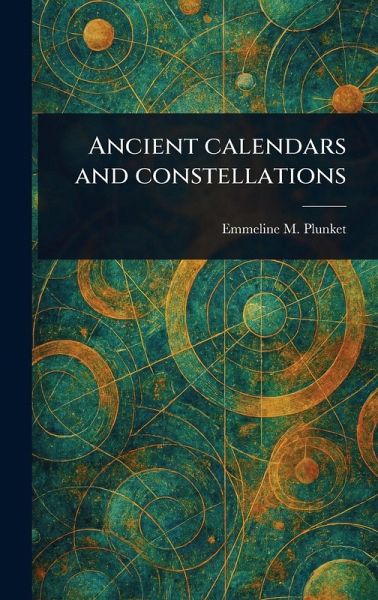
Ancient Calendars and Constellations
Versandkostenfrei!
Versandfertig in über 4 Wochen
29,99 €
inkl. MwSt.
Weitere Ausgaben:

PAYBACK Punkte
15 °P sammeln!
Explore the fascinating world of ancient timekeeping with Emmeline Mary Plunket's "Ancient Calendars and Constellations." This meticulously prepared edition delves into the history of calendars and their profound connection to astronomy and the constellations. Journey back in time to understand how ancient civilizations tracked the passage of days, months, and years, relying on celestial observations for agricultural planning, religious ceremonies, and societal organization. Discover the ingenuity behind early timekeeping systems and the vital role that the stars played in shaping ancient cult...
Explore the fascinating world of ancient timekeeping with Emmeline Mary Plunket's "Ancient Calendars and Constellations." This meticulously prepared edition delves into the history of calendars and their profound connection to astronomy and the constellations. Journey back in time to understand how ancient civilizations tracked the passage of days, months, and years, relying on celestial observations for agricultural planning, religious ceremonies, and societal organization. Discover the ingenuity behind early timekeeping systems and the vital role that the stars played in shaping ancient cultures. From the intricate designs of calendars to the myths and legends associated with constellations, this book offers a comprehensive overview of ancient methods for measuring time and understanding the cosmos. A valuable resource for anyone interested in ancient history, astronomy, and the development of our understanding of time. This work has been selected by scholars as being culturally important, and is part of the knowledge base of civilization as we know it. This work is in the public domain in the United States of America, and possibly other nations. Within the United States, you may freely copy and distribute this work, as no entity (individual or corporate) has a copyright on the body of the work. Scholars believe, and we concur, that this work is important enough to be preserved, reproduced, and made generally available to the public. We appreciate your support of the preservation process, and thank you for being an important part of keeping this knowledge alive and relevant.





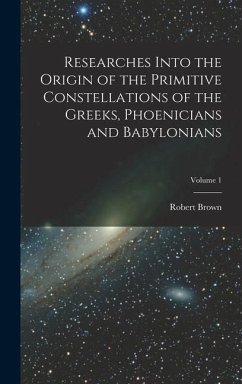
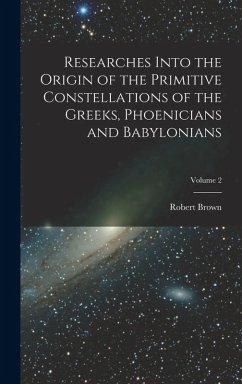
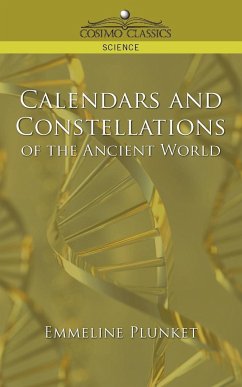
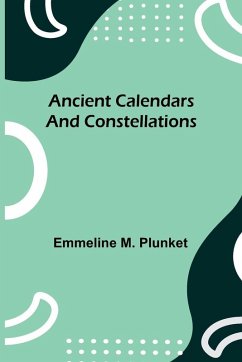
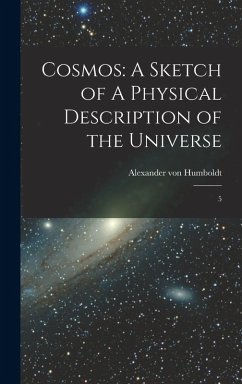

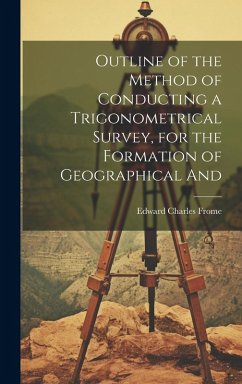

![The Lost Solar System of the Ancients Discovered. [With] Appendix Cover The Lost Solar System of the Ancients Discovered. [With] Appendix](https://bilder.buecher.de/produkte/74/74863/74863960n.jpg)
